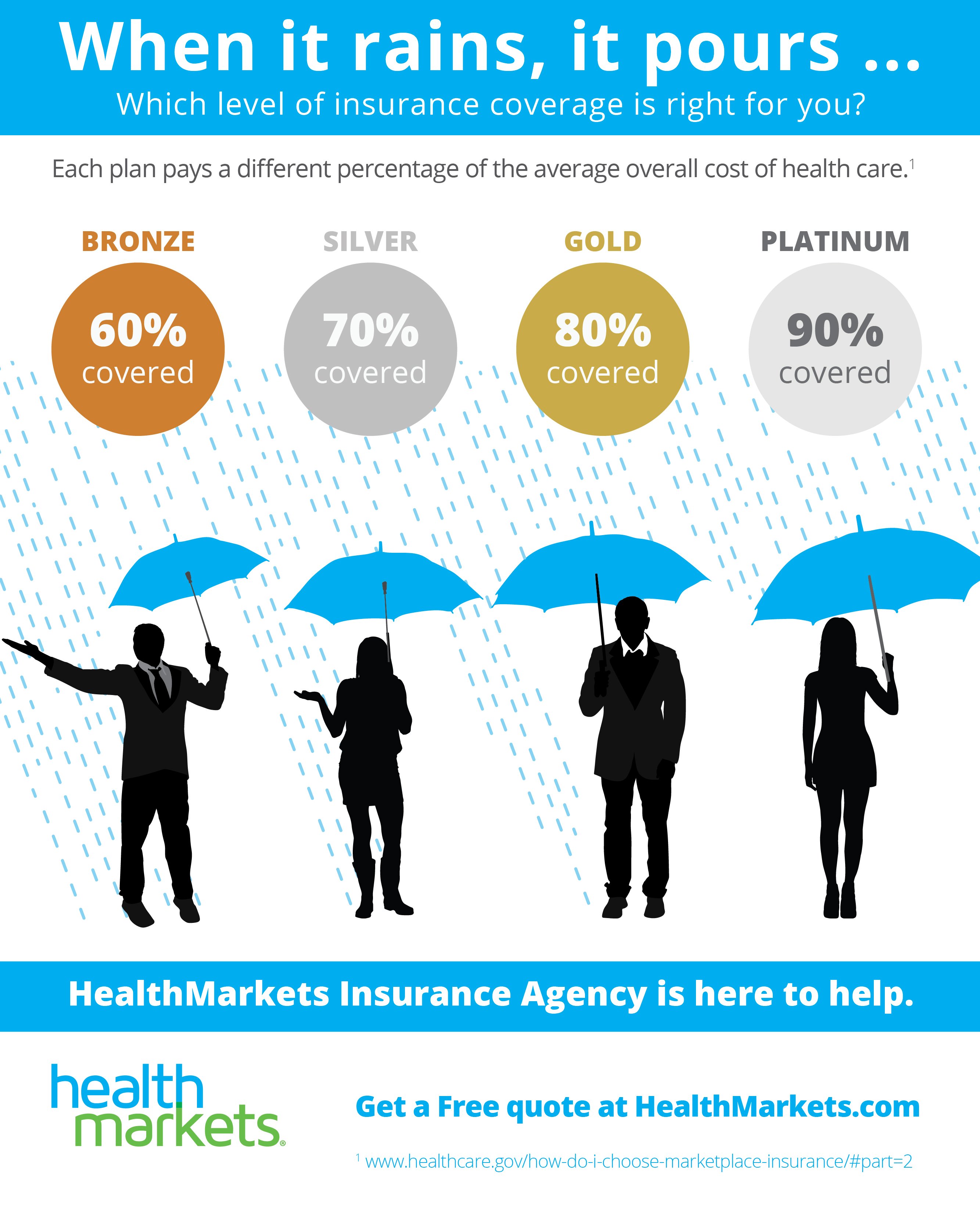Health insurance is one of the most important things you can have in your life. Not only does it provide coverage for major medical expenses, but it can also protect you from financial ruin if something unexpected happens. Unfortunately, health insurance is not as affordable as it used to be. In fact, many people are
Health insurance is one of the most important things you can have in your life. Not only does it provide coverage for major medical expenses, but it can also protect you from financial ruin if something unexpected happens. Unfortunately, health insurance is not as affordable as it used to be. In fact, many people are finding that their health insurance has become quite expensive.
What does this mean for you? It means that if you are looking for cheap health insurance, you may be out of luck. The good news is that there are other options available to you, even if they’re not as cheap as you’d like them to be. In this blog post, we will explore different ways to find affordable health insurance and how each option works. Read on to learn more about what’s available to you and how to take advantage of it.
Cheap health insurance is a term used to describe health care coverage that is less expensive than traditional health care coverage. There are many different types of cheap health insurance plans, and the amount of money you spend on your monthly premiums will depend on your specific policy details.However, in general, cheap health insurance policies typically have lower monthly premiums and/or higher deductible amounts. These plans may also have limited coverage options or higher out-of-pocket costs for essential medical services.If you are looking for affordable health care coverage, consider using a cheap health insurance plan. However, be sure to research the specific features of each plan before signing up.
There are a few different types of health insurance, each with its own set of benefits and drawbacks. Below is a breakdown of the most popular types of health insurance:1. Catastrophic coverage: This type of coverage pays for medical expenses that would be considered extremely expensive, such as a heart attack or stroke. The main drawback is that it typically has higher out-of-pocket costs than other types of coverage.2. Comprehensive coverage: Comprehensive health insurance covers all major medical expenses, including preventive care and routine doctor visits. This type of policy typically has lower out-of-pocket costs than other plans, but it may not cover specific procedures or medications.3. Generic insurance: Generic health insurance covers standard medical expenses, like prescription drugs and hospitalizations, without any special privileges or benefits. generics tend to be cheaper than brand name products, but they may not offer the same level of protection in case of an emergency.4. Medicare Advantage: Medicare Advantage plans provide extra benefits beyond what’s offered by traditional Medicare, such as discounted premiums and more extensive coverage for prescription drugs and dental care. However, these plans can be more expensive than traditional Medicare policies and may not be available in all areas.
When you’re looking for health insurance, comparing rates and choosing the right plan can be overwhelming. There are a lot of factors to consider, like your age, coverage needs and medical history. To simplify things, we’ve put together a guide on how to compare and pick the right health insurance for you.To start, make a list of your essential health coverage needs. This includes things like hospitalization, maternity care, mental health care and prescriptions. Once you have a good idea of what you need, look at each policy’s coversages and rates. Compare policies side by side to find the best deal for you.Next, take into account your age and family composition. Kids under 18 usually don’t need as much coverage as adults do, so try to get a policy with lower premiums for younger adults. And if you have children or other dependents, be sure to consider their needs too. A family policy that covers all members is usually cheaper than individual policies.Finally, think about your medical history and current health conditions. If you have any pre-existing conditions or illnesses, make sure your policy covers them. And if you’re currently taking drugs for treatment or illness, be sure those medications are covered too! A policy with comprehensive benefits will cover most aspects of your healthcare needs – so it’s important to compare carefully before choosing one.
























